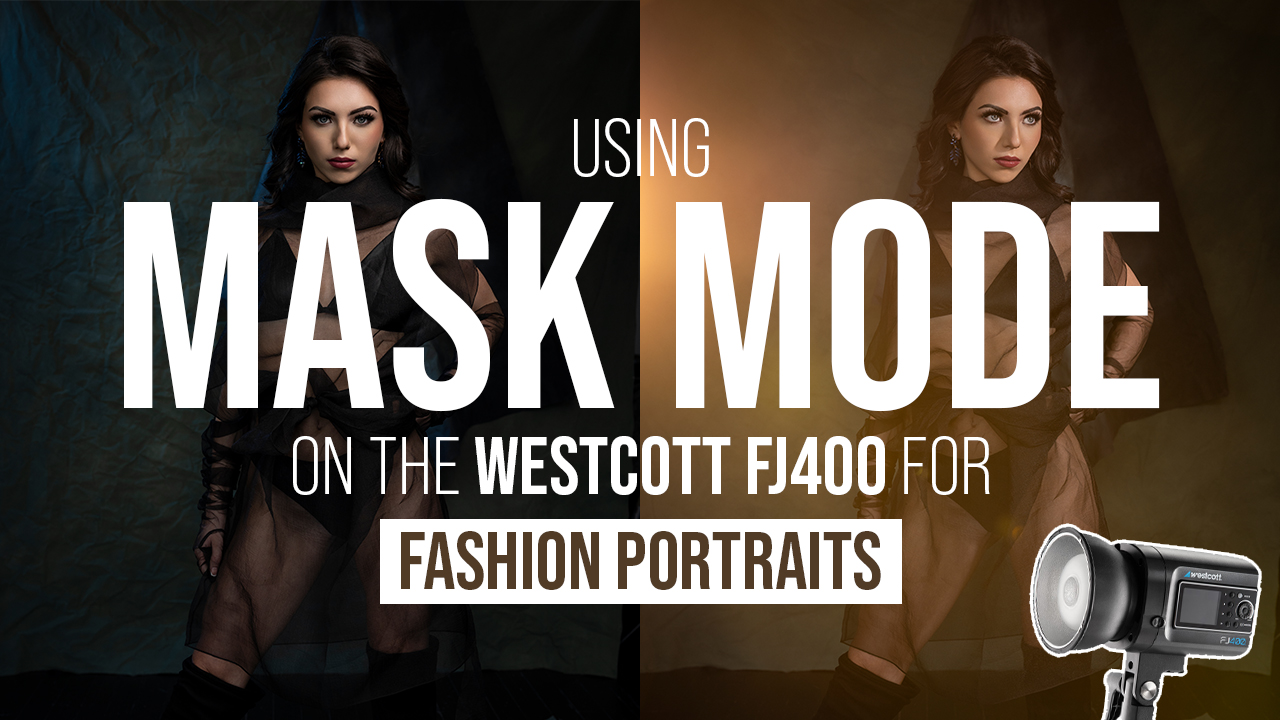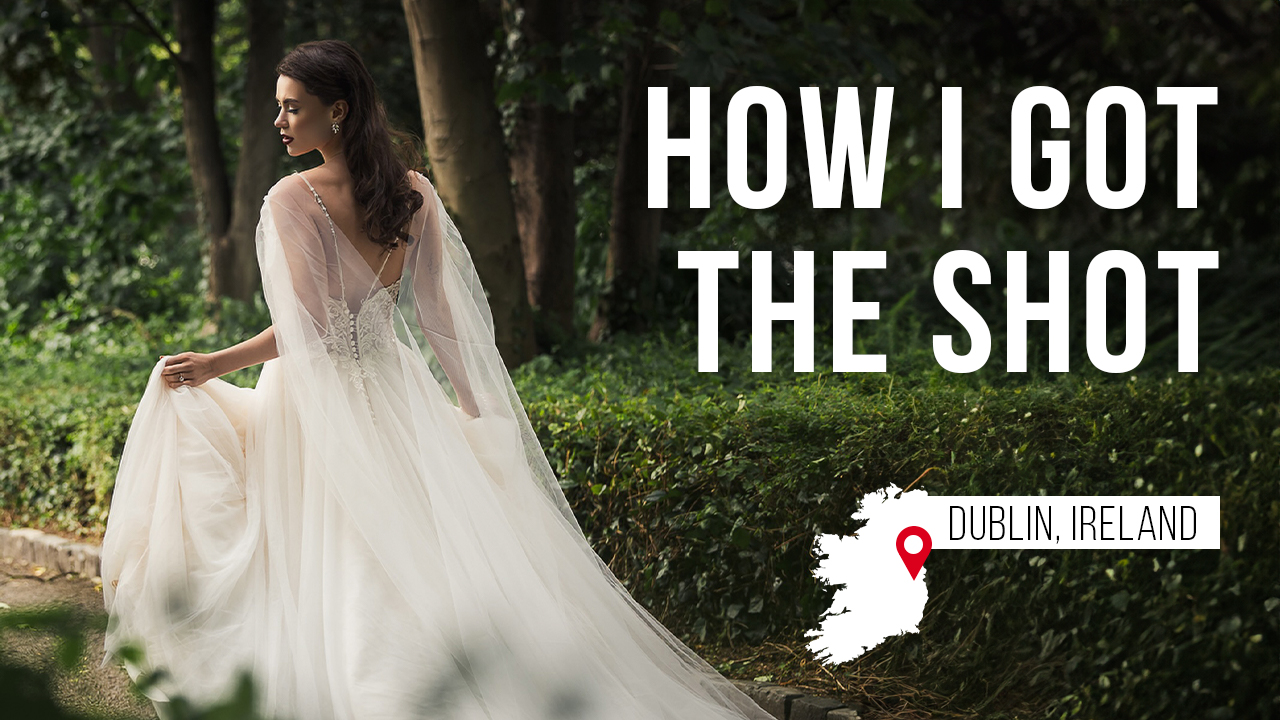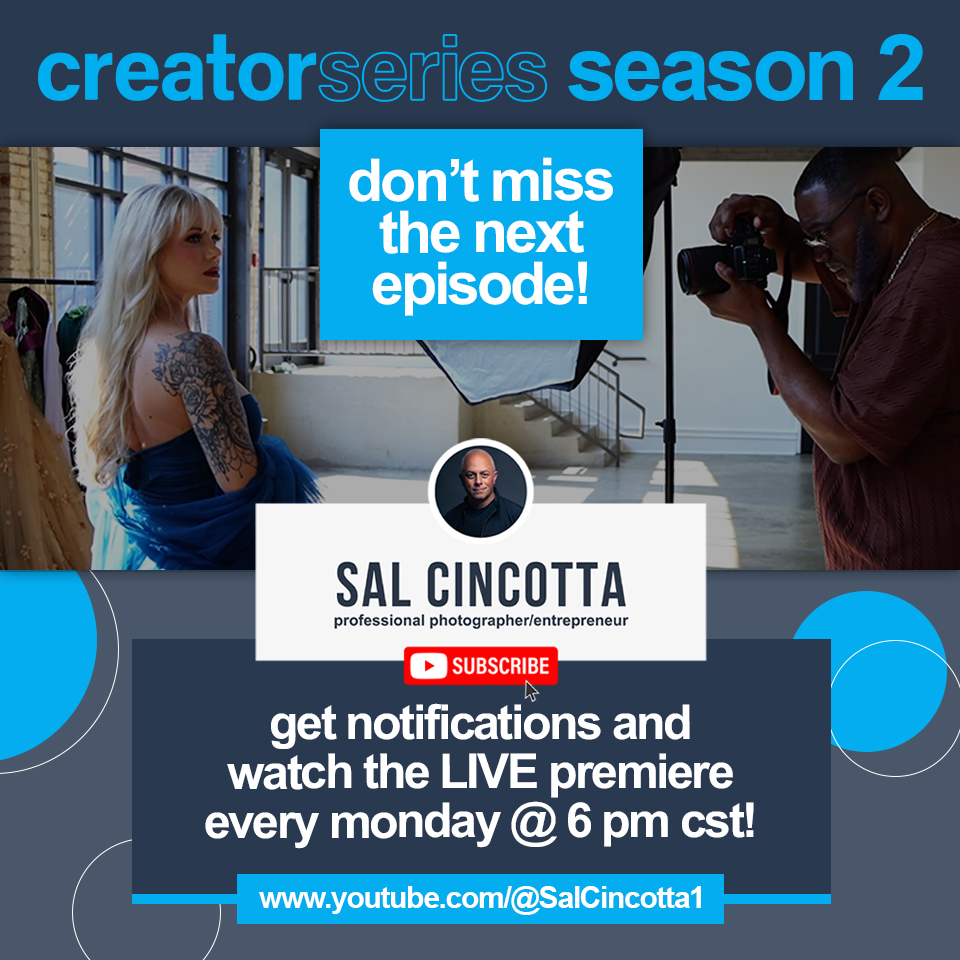Capturing Emotion on a Wedding Day with Brian MacStay
When I started my photography business five years ago, I poured all my time and money into educating myself on the ergonomics of the camera, learning and practicing the basics of exposure, composition, lighting, posing, etc. We need to know all these things as a foundation for creating high-quality, aesthetically pleasing images.
I used this basic skill set as a jumping-off point for starting my career and defining my identity and style in the wedding photography market. Like most of us, I started out practicing with models, working to create beautiful and creative wedding-themed portraits, with a focus on composition, posing and lighting until I had a portfolio to show. As my style evolved, so did my primary focus.
I soon noticed my work lacked one key element: emotion. I was happy with how my images looked, but just wasn’t thrilled about how they made me feel. There was no “moment.”
I didn’t want to just be a portrait photographer who happened to be at a wedding. I wanted to be a storyteller who captures the essence of people to tell the story of who they are in this time of their lives in an emotionally impactful way. Only recently have I evolved my approach from just finding the perfect light and artistic, beautiful compositions; now I find or create environments where authentic moments can take place.
Through research and practice, I have developed a handful of methods to achieve emotional impact in my work.
Develop a Rapport
Get to know your clients and their families intimately. The more comfortable they feel with you, the more they will allow you into their personal space where those emotional moments happen.
Get as much face time with your clients and their family as you can. My best work comes from weddings where I have done an engagement shoot with my couple before the wedding. I include these shoots with all of my wedding collections for a good reason. The time with them is invaluable for socializing, getting to know them—and, most importantly, gaining their trust. This trust is what will get me access to the heartwarming moments and stories I want to tell on their wedding day.
Make the Moments Happen
My engagement sessions and time alone with the couple during their wedding day is my opportunity to encourage them to bring out their genuine emotions that showcase the best of their personalities. Two things work best for almost any couple. Point out that this is obviously an uncomfortable process (especially initially), and then, yes, put them in an uncomfortable situation and laugh about it with them.
Most people have never done a photo shoot before. They don’t know what to do or how to act in front of a camera. If you haven’t done it yourself, try it. It’s intimidating! The best thing to do is acknowledge that they aren’t alone in feeling uncomfortable, but do it in a fun and humorous way. I tell my couples that I know it’s weird and awkward that the two of them are kissing or cuddling with a big bald guy taking pictures of them in a random field on the side of the road while people are walking and driving by. We have a good laugh about it, and everyone’s guard comes down.
Once we have relaxed and had a bit of a laugh, face them toward each other and tell them to get their faces almost touching. Ask them to do something such as rub noses like cats or bump hips like they are bumping each other over. It’s not the silly action or uncomfortable thing you are looking to photograph—what you want are their reactions and laughter at the ridiculousness of what they are being asked to do. Let’s face it: Uncomfortable laughter between two people whose faces are mashed together looks like love. It just does.
Anticipate the Moment
I know it’s cliché to say “shoot from the heart,” but that really is a great way to anticipate a poignant or memorable moment that’s about to take place. Once you have been a photographer long enough, you can anticipate when moments are about to take place. We know they are going to kiss after they say, “I do.” They are going to turn around and face their guests after the ceremony. The bride’s mom is going to be emotive when you ask to take a photo with her daughter right after she is done getting into her wedding dress. Listen intently to conversations taking place around you. Be quiet, be ready and be close.
Get Close and Go Wide
Robert Capa, a famous wartime photographer who founded Magnum Photos in 1947, once said, “If your photographs aren’t good enough, you’re not close enough.” I took that to heart, swapped out my 70–200mm for my 24mm or 35mm, and practiced getting close—really close. If you don’t have the benefit of isolation from the compression of a long lens, you need to get a lot closer to eliminate any surrounding distractions to the moment you are trying to isolate.
I love how emotional an image feels when I have captured it from only a couple of feet away with a wide-angle lens. These shots give me a sense of presence, a sense that I was actually there, that I was a part of it.
Don’t be shy. Take advantage of the rapport you’ve built with your clients to be up close and personal with them during their most tender moments. They will thank you for it later.
Be Small, Invisible
In order to get close, you need to get small or disappear altogether.
I’ve been told I am a fairly intimidating presence when people first meet me. I am, after all, a big bald guy wearing black with a camera strap that looks like a gun holster. (Yes, Hold Fast makes not only great camera straps, but great conversation starters.) Despite this, I have learned to make myself unobtrusive.
I use two techniques for disappearing in front of people and being able to shoot them from a couple of feet away without them even noticing.
How to Disappear (Almost) Completely
First, don’t hunt for moments. Wait for them. Charging at people with a camera only causes them to be that stiff, wide-eyed person who is now thinking about how they are going to look in a photograph instead of being present in the moment.
Second, find a way to disappear yet still be present. Try this technique at your next wedding. It works. Don’t be the photographer for a moment. Just be a silent presence. Find a group of people having a good time. Maybe someone is telling a joke. Walk up to the group with your cameras down at your side. Smile at everyone, let them acknowledge you are there. Someone may even engage you in conversation. Wait a couple of beats as they all go back to the joke. Then start shooting.
Most people will not notice you are there anymore. You are free to capture the moments taking place from close up. Obviously they know you are the photographer, but they see you aren’t a “threat.” Once you walk up and establish your presence, everyone goes back to what they were doing. So, shoot on!
Shoot Long to Isolate the Moment
Sometimes getting close is not an option or the best solution for capturing the moment. A long lens can be a great tool for reaching across a dancefloor or down the aisle during a church ceremony, where being close would be too much of a distraction. Sometimes it’s best to use a long lens when you want to compress a scene and need to eliminate all other distracting elements, taking away from your ability to be in the moment when viewing the photograph.
Remove the Color
Another method for maximizing the emotional impact of your images is to remove distracting elements that take away from the moment, such as color. Color can be part of telling the story in an image, but it can also be a distraction in certain circumstances.
There is an image I love of the father of the bride hugging the father of the groom after their two children just got married. One of them is crying. Next to them is a giant orange construction pylon. In color, it’s distracting and takes your eyes away from the moment. In black and white it disappears, and the focus is now on the emotional moment.
Other distractions from your moment might be colorful cars in the background or busy, loud clothing—anything that can take the focus away from the emotional impact of your image. This isn’t true for all emotionally impactful images, but if color doesn’t help tell the story of the photo, you may consider removing it altogether.
I love the challenge of creating emotionally expressive moments at weddings and engagement shoots. The challenge keeps me moving, sharp and emotionally involved with my clients and the people they love.
Delivering these moments to them, and showing future potential clients these emotional images (not just beautiful portraits), helps sell you as a well-rounded storyteller. Anytime you can evoke an emotion when someone looks at your images is another step toward setting you apart from your competition. In a world where everyone with a camera and a website is a photographer, we can use any edge we can get.




